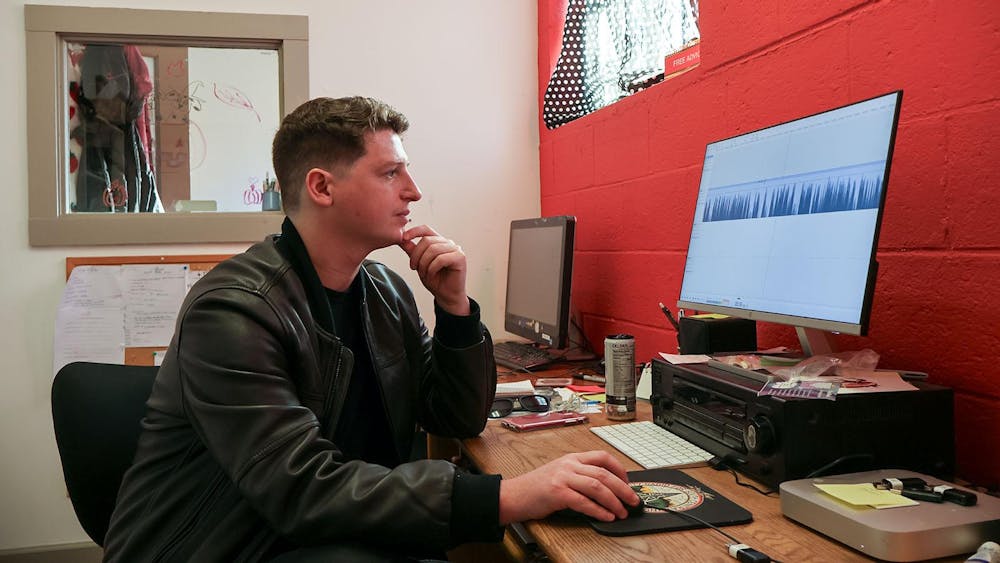His friends and family filled the courtroom Thursday, but Monroe County councilman Scott Wells sat alone, resting his head on the bench in front of him.\nNearly seven hours after the six-person jury left to deliberate, it returned with a verdict in Wells' criminal trial.\nIt wasn't the verdict he was looking for.\nThe jury found Wells guilty of operating while intoxicated and disorderly conduct, but acquitted him of misdemeanor battery and resisting law enforcement.\nWells faces up to 60 days in state prison and will be sentenced in mid-January by special judge Frank Nardi.\nWells said he was disappointed, shocked and ultimately depressed by the jury's decision.\n"When you know you're innocent and you're convicted, it's like someone let the air out of a balloon," Wells said. "I'm concerned about next year's party election. I mean, who is going to run when you have to face this kind of terror?"\nSpecial prosecutor Stan Levco said he was pleased with the verdict, which vindicates Wells' arresting officers, Stacy Brown and Travis Coryea, of any wrongdoing.\n"They have suffered unfairly throughout the case," Levco said.\nLevco said the media scrutiny of the arresting officers has been unfair and misrepresentative. Assistant special prosecutor Bob Andre echoed Levco's remarks in the state's closing argument, saying Brown and Coryea have been unduly characterized, and when all is said and done, the state police officers acted in the interest of the community. The jury agreed.\nThe initial charges stem from a Sept. 27, 2002 traffic stop by the Indiana State Police. Brown and Coryea were dispatched to the area of Sixth and Dunn Streets to investigate an anonymous tip. That tip originated from Wells' political foe Bud Bernitt, who called off-duty state trooper and then-Republican sheriff candidate J.D. Maxwell, telling him of Wells' intoxicated condition. Throughout the trial, the defense argued political overtones were too clear for a conviction, but the prosecution insisted the trial focused on the facts and not politics.\nWells continues to insist he is an innocent man caught in a political scandal and said he will appeal the verdict.\n"I was becoming very successful in politics," Wells said. "And they were like, 'Let's get him,' and they did."\nAs the five-hour deliberation ticked its way toward a sixth, judge Nardi joked with defense attorneys Elizabeth Cure and David Colman.\n"(The jury members) have now taken as long as you did with your closing arguments," Nardi said.\nCure said the lengthy deliberation should have produced reasonable doubt.\n"How can they not have reasonable doubt if it took them this long?" Cure said after the verdict was read. "This is a terrible feeling. It's just awful."\nThe jury did not consist of any IU students. Cure said certain testimony from student eyewitnesses might have had a better effect if the jury had had student representation.\n"Obviously when you get a verdict back like this one you think who would be more sensitive to political issues and less sensitive to police," Cure said. \nAccording to defense attorney's closing arguments, any guilty verdict would reassure Wells' political enemies that what they had done was right.\n"Now there is nothing to stop people like Bud Bernitt and J.D. Maxwell from controlling the political arena," Cure said. "They now have a license to do whatever they want because, in their eyes, they've won."\n-- Contact senior writer Mitch Blacher at mblacher@indiana.edu.
Wells found guilty on 2 counts
Councilman acquitted of 2 other charges, could face 60 days in prison
Get stories like this in your inbox
Subscribe





